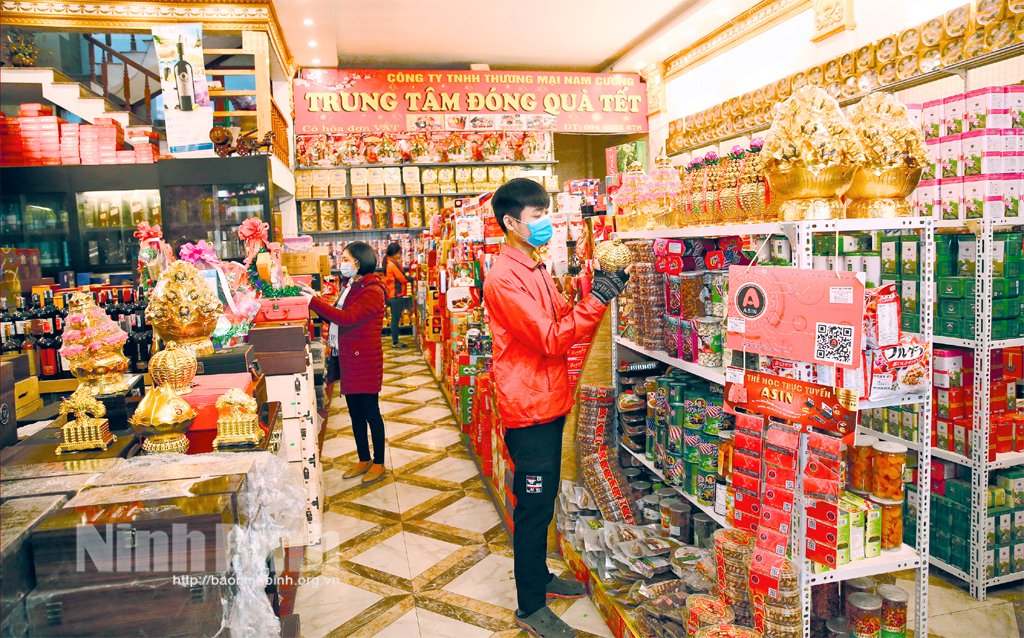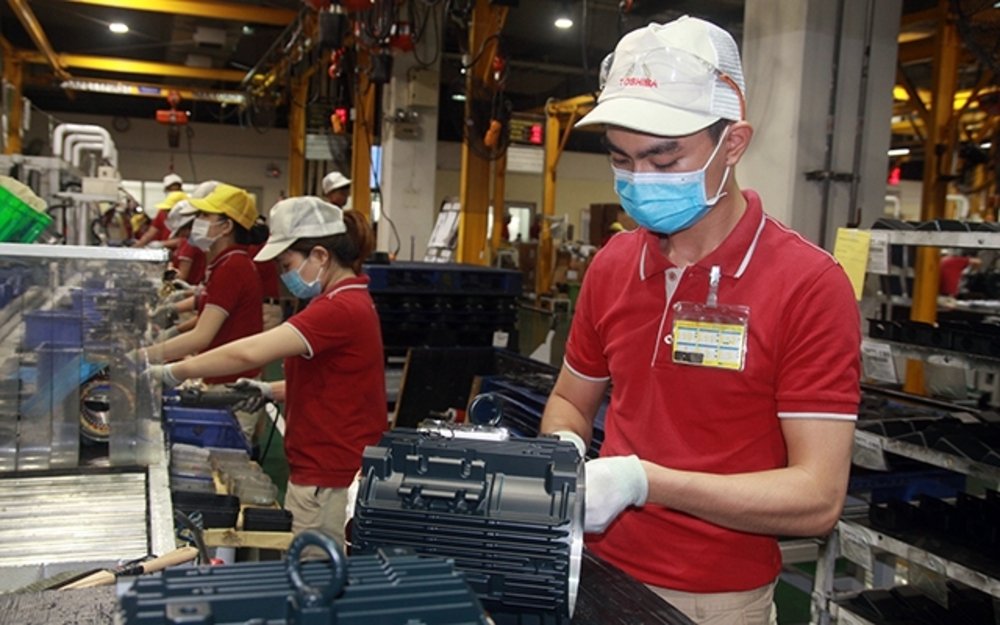HIGHLIGHTS
- Due to high logistics expenses, food, food, and wood processing enterprises in Ho Chi Minh City must deny numerous orders.
- Furthermore, firms are reluctant to accept orders due to high input prices, a dearth of seasonal labor, a lack of empty containers, and expensive empty container pricing.
- In addition, restrictions on epidemic prevention in neighboring cities and nations offer an indirect reason for firms to refuse customers.
FULL ARTICLE
Businesses deny orders owing to logistics costs
Ms. Ly Kim Chi, Chairman of the Food and Food Association of Ho Chi Minh City, said that the end of the year is when the food industry is busiest making Tet items and providing the most export goods. With a high number of orders, businesses are also very hesitant and thoughtful before receiving orders, and many orders must be refused.
Mr. Nguyen Chanh Phuong, Vice President and General Secretary of the Ho Chi Minh City Handicraft and Woodworking Association, said that enterprises in this area, like the food industry, do not accept many orders.
It seems that an increase in the quantity of orders will be beneficial to Vietnamese exports. However, the high cost of logistics is currently their greatest concern. This is also why Ms. Chi and Mr. Phuong explained that enterprises in the food and wood processing industries must accept the loss of many orders.

Ms. Chi also stated that the time from arranging the trip and when the items arrived in the United States increased from 28 days to 3 months due to the container taking 2-3 months to arrive. Furthermore, the current container pricing to the US is 15,000 USD/40 ft container, which is still unbookable. Similarly, the cost of a container to Russia during this time period was around $9,000-10,000, which was ten times higher than it was two years previously.
Besides, high input prices, a scarcity of seasonal labor, a dearth of empty containers and high pricing for empty containers, as well as epidemic prevention restrictions in other cities and countries, are reasons why businesses are reluctant to accept applications row.
Department officials provide solutions and orientations
Mr. Huynh Van Cuong, Vice Chairman of the Ho Chi Minh City Logistics Association, underlined the need for the government to zone the country’s key industrial enterprises. Furthermore, it is a priority orientation to collaborate with major logistics firms in Vietnam in accordance with the idea of “Vietnamese people give priority to using services of Vietnamese companies.”

Mr. Nguyen Khac Hieu, Deputy Head of the Import-Export Department of Ho Chi Minh City’s Department of Industry and Trade, outlined the city’s logistics development strategy to 2025, with a vision to 2030. That is, the establishment of logistics sector clusters, with an emphasis on re-planning the ports system and logistical infrastructure. Besides, it will strengthen the link between the manufacturing and export zones, transforming Ho Chi Minh City into the region’s export service center.
Huyen Tu
Being “price blown”, the cost of refrigerated containers increased dramatically













